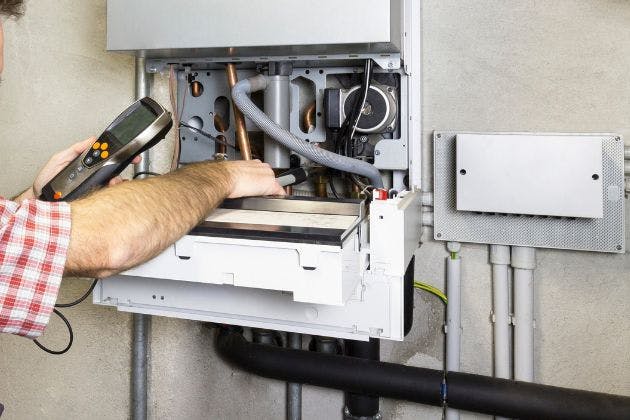When your boiler stops working properly, it can cause more than just an inconvenience. Knowing how heating engineers identify and resolve issues helps you understand the process and gives reassurance that your system is in safe hands. From initial checks to detailed testing, every step is designed to get your heating back up and running quickly and safely.

The Process Behind Diagnosing Boiler Faults
Initial Inspection and Questions
The process usually starts with a discussion about what problems you have noticed. Strange noises, leaks, loss of pressure, or intermittent heating all provide valuable clues. Engineers then carry out a visual inspection to check the condition of the boiler, pipework, and surrounding areas.
Safety and Pressure Tests
Safety is always the priority. Engineers will test the gas pressure and flow to confirm it meets the required standards. They also check for carbon monoxide risks, ensuring your boiler is safe to operate. Any irregular readings can indicate deeper issues that need urgent attention.
Component Checks
Key internal parts such as the heat exchanger, burner, thermostat, and seals are examined closely. Worn or damaged components often explain why a boiler is losing efficiency or breaking down. In many cases, cleaning and re-sealing can resolve problems without the need for major part replacements.
System-Wide Assessment
A reliable repair also means looking beyond the boiler itself. Engineers will often check radiators, pumps, and thermostats to see if the wider heating system is affecting performance. For example, trapped air or a failing pump can cause uneven heating and pressure loss.
Common Issues Heating Engineers Find
Low Water Pressure from Leaks or Faulty Valves
One of the most frequent issues is low water pressure. This can happen if there are small leaks within the system or if valves are not working as they should. When pressure drops too low, your boiler may stop working altogether. Engineers use pressure gauges and visual checks to trace the cause, whether it is a hidden leak or a part that needs replacing.
Blocked or Dirty Heat Exchangers
The heat exchanger is a critical part of your boiler, responsible for transferring heat from the burner to the water. Over time, it can become clogged with debris, limescale, or sludge from the heating system. This not only reduces efficiency but can also cause the boiler to overheat and shut down. Engineers will often clean or flush the system to restore proper function and prevent long-term damage.
Faulty Thermostats or Sensors
If your boiler is heating unevenly or switching on and off unexpectedly, the thermostat or sensors could be to blame. These small components play a big role in regulating temperature and keeping your home comfortable. Engineers will test these parts with specialist equipment and replace them if they are no longer accurate.
Airlocks or Circulation Problems
Air trapped in the heating system can stop hot water from flowing properly, leading to cold radiators or noisy pipes. Similarly, a failing pump may not circulate water effectively around the system. Both problems can make your boiler appear faulty, even if the main unit is working fine. Heating engineers can bleed radiators, clear airlocks, or fit a new pump to get everything running smoothly again.
Professional Boiler Repairs in Rossendale, Burnley, Rochdale, and Ramsbottom
JS Gas & Oil Ltd provides expert boiler repair across these areas. Our experienced heating engineers carry out thorough checks and reliable repairs to keep your home warm and safe. Call us today on 07791 802791 or fill out our contact form to schedule your boiler repair.


